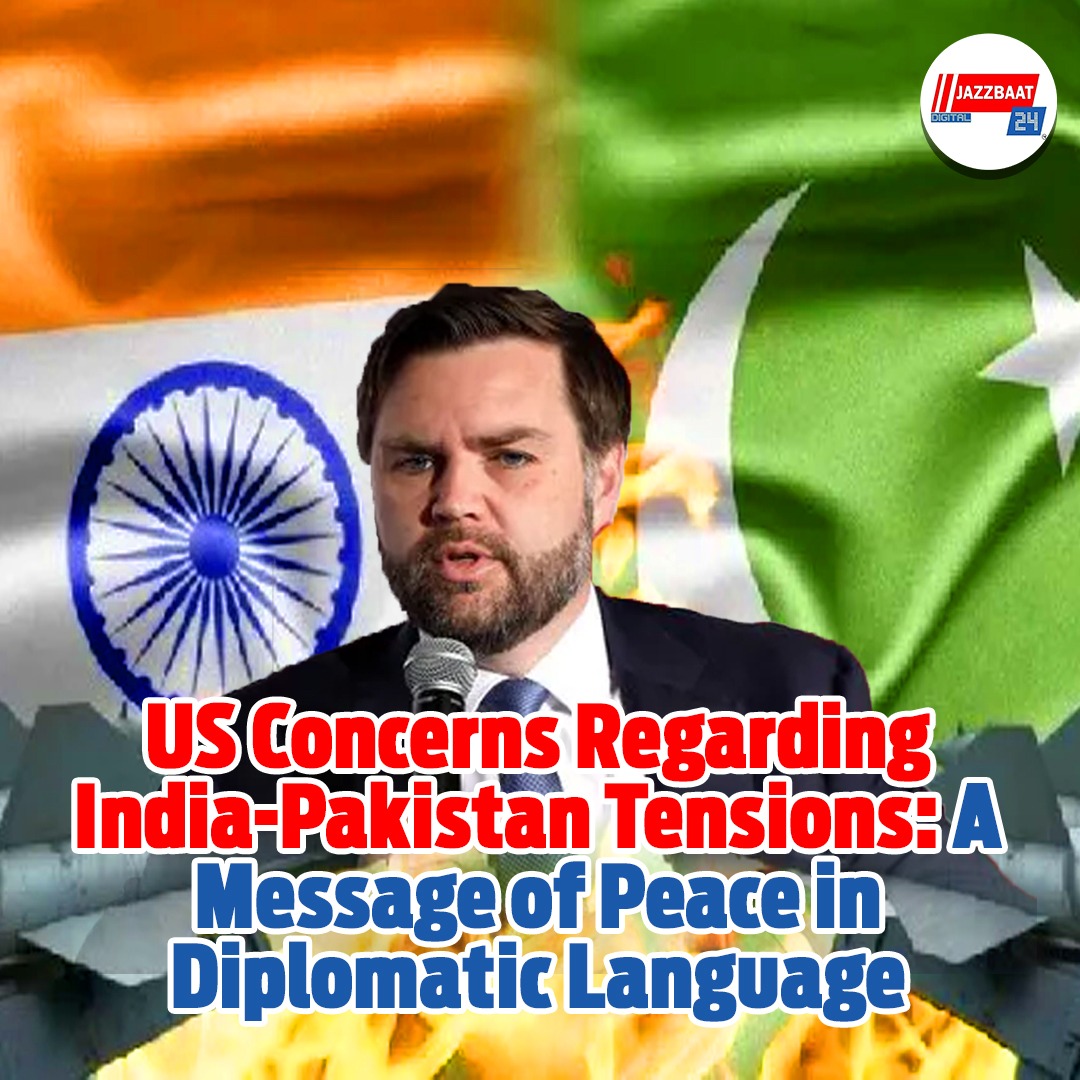
The tensions between nuclear-armed neighbors India and Pakistan have recently increased again. India's responses have become tougher since the horrific terrorist attack on April 22 in Pahalgam, Kashmir, when 26 innocent lives were claimed. Exactly two weeks ago, on 7 May, India launched 'Operation Sindoor', the declared objective of which is the destruction of terrorist hubs in Pakistan and occupied Kashmir. Throughout this unfolding, global warnings have been mounting overall and largely America's who is clearly watching this unstable scenario on the subcontinent.
In a television interview on Thursday, May 8, US Vice President J.D. Vance clarified, "We are always concerned when two nuclear nations come face to face. But at the same time, it's a fact that we cannot dominate India or Pakistan. We can only ask them to de-escalate."
Vice President Vance went on to say, "President Donald Trump and Secretary of State Marco Rubio already said that we want this situation to be over soon. But the reality is there is no where for the United States to intervene directly in this conflict between India and Pakistan.".
Vance also stated categorically, "We are not going to ask India to lay down its arms, nor Pakistan. This is a conflict which the United States does not dominate. So we will only try to solve the situation through diplomatic channels."
But he conceded that the chances of a nuclear war would be very dangerous. "We do not want this to be a larger war or a nuclear war. We hope that those responsible in India and Pakistan will handle this incident with a level head."
Vice President Vance, his wife Usha Vance and their three children are making their first official trip to India during this tense period. It was on this trip that the unfortunate Pahalgam attack occurred, which contributed to the whole situation turning all the more serious.
India has already made it amply clear that it is more than willing to safeguard the sovereignty of the country and security of its people. The Indian Army has foiled any attempt by Pakistan to initiate a conflict, the Ministry of Defense has said.
At the same time, on Thursday, US Secretary of State Marco Rubio spoke separately by phone with Indian Foreign Minister S. Jaishankar and Pakistani Prime Minister Shahbaz Sharif. He had a simple message for both parties - the tension must stop.
Speaking during his conversation with Jaishankar, Rubio said that America wants India and Pakistan to resolve the issue in direct negotiations. He expressed deep condolences for those who were attacked at Pahalgam and added that America will stand against terrorism with India.
Rubio told the Pakistani Prime Minister that Islamabad must take tangible action regarding the charges of financing terrorism. Not just words but action must be taken now.
Now, the biggest responsibility for peace and stability in the subcontinent lies with India and Pakistan. But diplomatic involvement by the international community, above all the United States, can be a deciding factor in this crisis. Whether these tensions subside or intensify in the coming days depends as much on political will as on practical prudence on either side.